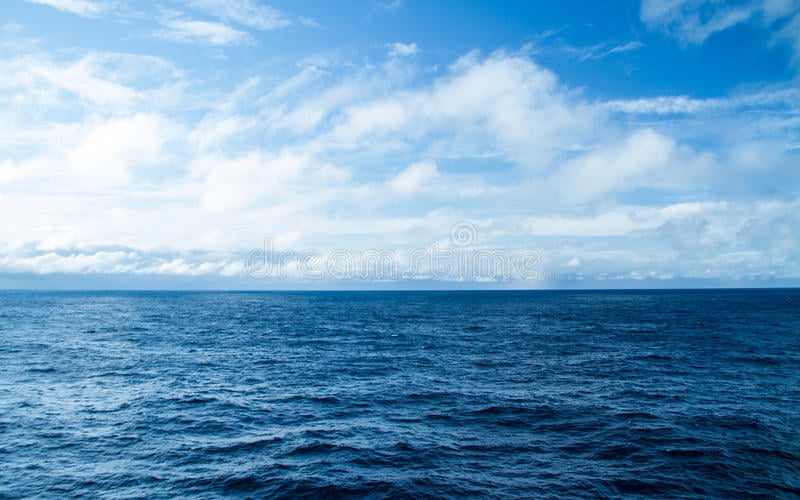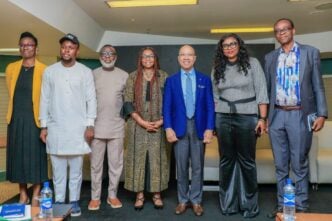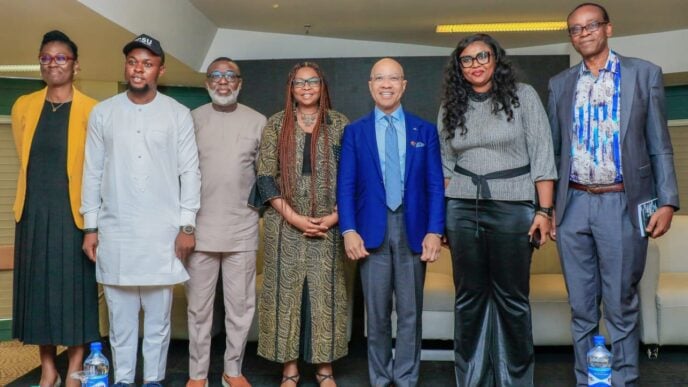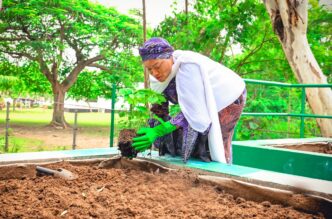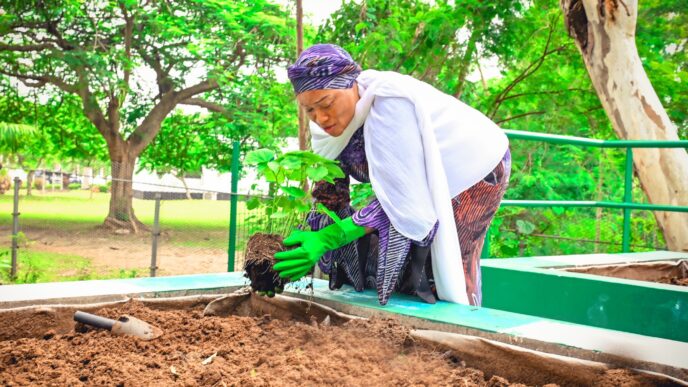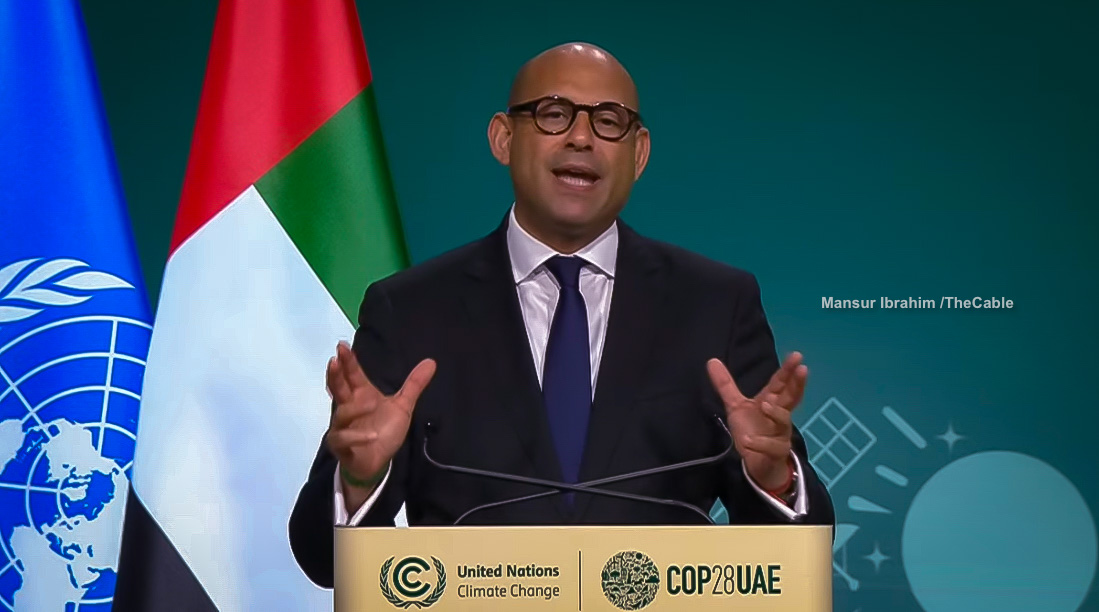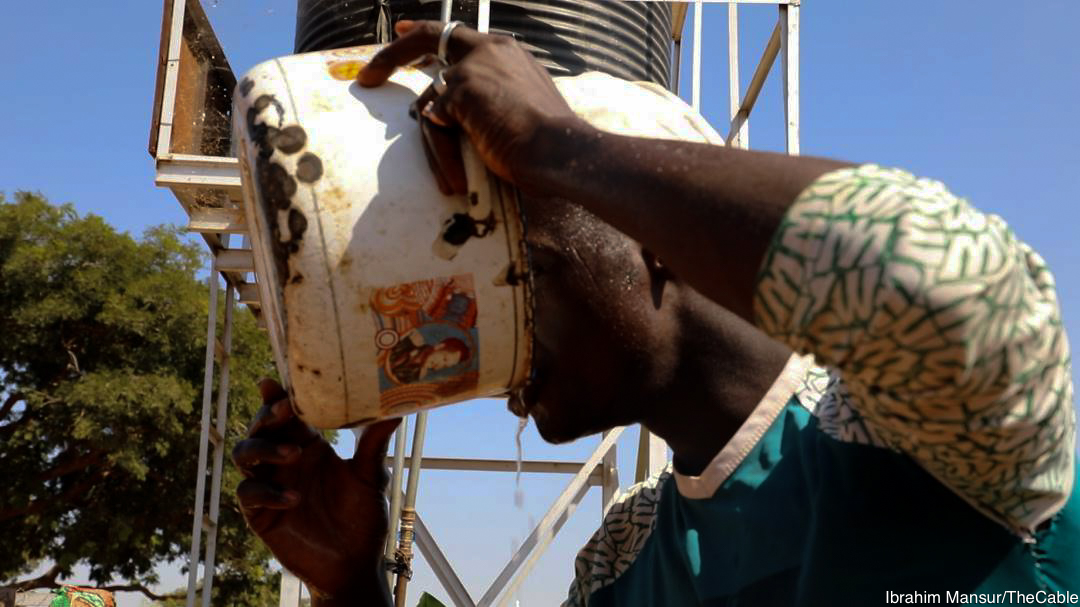Adeola Michael Dahunsi, an ocean scientist, says Nigeria is yet to fully harness the benefits that come with its water bodies.
Speaking on Wednesday during a webinar themed ‘Understanding the Blue Economy in the Nigerian Context’, Dahunsi said through a wave energy converter system, ocean waves can be intercepted and converted into power.
He added that with wave strength now waned, the erosion of coastal areas will also reduce.
“The good thing about the ocean is that it’s always there. The strength is seasonal but one big problem we see in the Gulf of Guinea is the problem of coastal erosion,” Dahunsi said.
Advertisement
“Take advantage of wave energy. The wave is coming into an open coastline, nothing to protect it. When we want to protect it, we destroy our beautiful beaches. They put up rocks. That’s cheaper for the government because they’re just interested in protecting the land and preventing the sea from taking over the roads.
“The ocean does not flow like rivers; it transfers energy. The wave is generated by wind and because of climate change, the waves are stronger nowadays.
“Put up wave energy converters. For a country like Nigeria, it’s a double win. Energy that would have gotten to the coast and caused coastal erosion is now converted to power. It will help reduce the erosion of coastal erosion and help with power generation.”
Advertisement
Dahunsi, who has an interest in ocean observation and modelling, also advised the government to ensure sustainable use of ocean resources for economic growth.
He said the ocean resources should be exploited in ways that ensure self generation without significant depletion.
“…taking value from the ocean and coastal areas in a way that the future generations benefit from it, not pay for the consequences,” he said.
“You have to invest in the blue economy before you make money out of it.”
Advertisement
He listed coastal and marine tourism, maritime transport, marine biotechnology, and seabed mining (for gold and diamonds) as other areas of the blue economy that the government can tap into to generate revenue.
Dahunsi also said with the stretch of coastline in Lagos, water transportation should be a big thing in the state.
“It’s a way to reduce our carbon footprint as a city,” he said.
“The blue economy holds immense potential for Nigeria’s growth and sustainability. Addressing challenges through coordinated governance and policy frameworks is crucial.
Advertisement
“The ministry of marine and blue economy plays a pivotal role in unlocking this potential. Collective efforts are needed to foster a sustainable and prosperous Blue Economy”.
The webinar was organised by Nudge Initiative as part of its capacity building for Nigerian youths through the Blue Economy Youth Advocacy (BEYA) project.
Advertisement
Add a comment

